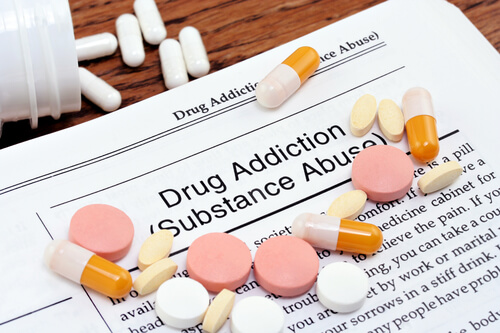
It is difficult to think of drug addiction as anything other than the fault of the addict. Drug addicts are portrayed in the media as living in the slums of crack houses, filthy and homeless. Drug addicts are viewed as nonredeemable losers with little or no chance of rehabilitation and they are also looked at as a danger to society. Television, movies and the media has made it very easy to dislike drug addicts.
The majority of drug addicts, however, are very different from the stereotypical version. Drug addicts occupy every conceivable profession from secretary to surgeon and it is estimated that one in five adults is addicted to one drug or another. Fathers, mothers, sisters, and brothers can be addicted to drugs and nobody would even know. There is no specific look or personality that defines a person addicted to drugs. As a matter of fact, most drug addicts go to great lengths to conceal their addiction and will deny that they even have a drug problem until they make a mistake that changes their lives. There is certainly no way to force a drug addict to get the treatment they need if neither they nor anyone else can even identify that there is a problem.
When measured in terms of crimes committed, reduced work productivity, and increased healthcare costs, substance abuse costs our nation over $750 billion per year. In addition to saving thousands of lives every year, reducing substance abuse by forcing DUI drug offenders into clinical rehabilitation could have profound economic benefits to society.
There is a movement afoot to think of drug addiction as an illness and a treatable disease and to force those that commit a drug-related driving offense as to get the treatment they need. Each year the state of California arrests prosecutes and punishes thousands of people that are caught driving under the influence of drugs or alcohol. Could receiving a DUI for a second or subsequent time automatically qualify the driver to be designated as an alcoholic, a substance abuser or a drug addict and force the person into rehabilitation? Why send someone to prison only to have them come out and re-offend when they could be put into rehabilitation instead and come out truly rehabilitated and take their place as a productive citizen?
California gives first time DUI offenders that have not caused bodily injury or the death of another, the opportunity for rehabilitation. First time DUI offenders are forced to successfully complete a three-month alcohol-treatment program that is extended to nine months if a person’s BAC is over 0.20%. For repeat offenders, “DUI school” can be extended to 30 months.


